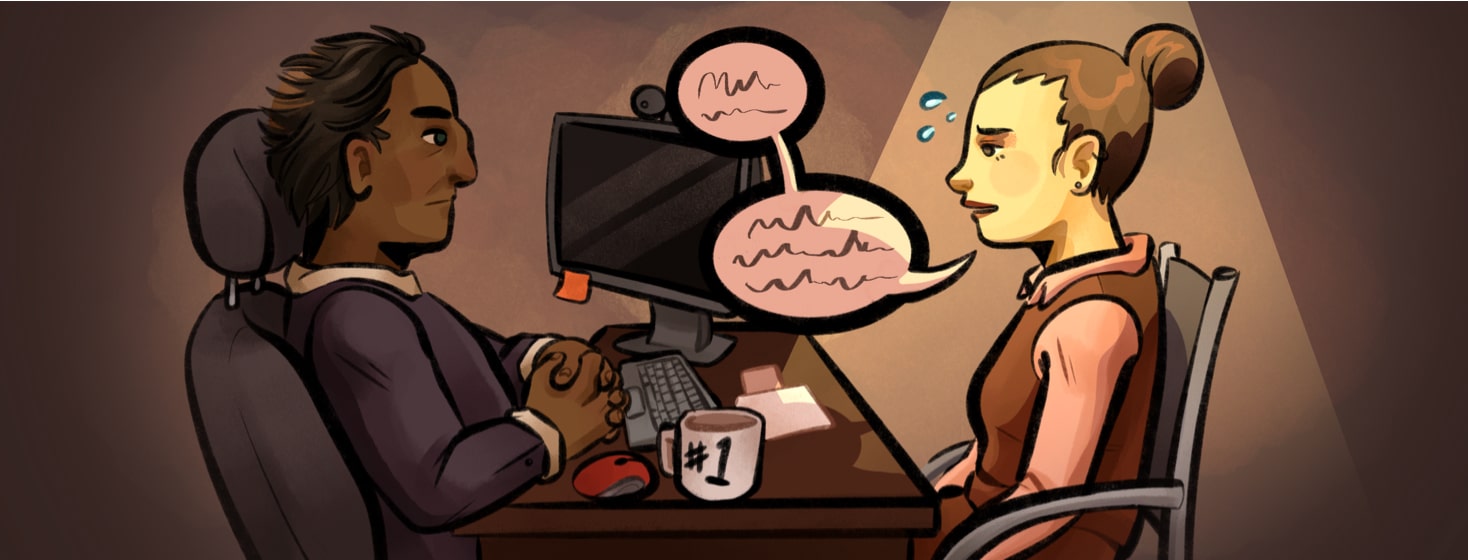Working Through Treatment
I just watched a video from Amanda Brunson, a Blood-Cancer.com contributor. She talks about working while not feeling good. It's a real challenge and a real balancing act. I feel for her and others who are dealing with this. It reminded me of my challenges at work shortly after I was diagnosed.
Burning through my sick leave
When I was diagnosed with myeloma in 2011, I really hadn't been sick before, so I had built up a decent amount of sick time at work. But being in and out of the hospital and feeling horrible meant I burned through all my time quickly. But I needed to work full-time in order to maintain my insurance and income. Bills don't stop just because we're sick. But for several months, there was no way I could work a 40-hour week. We were struggling to find a treatment that worked and I was sick, with a capital S.
Getting by with help from my co-workers
When I ran out of time off, I was pretty panicked, I didn't know how I'd pay my mortgage and bills and insurance premiums. Fortunately, work had a program where coworkers could donate their sick time to me, allowing me to work part-time and take care of my health. An odd thing about the program is that the donations were anonymous and I wasn't able to directly thank people for helping me. This program worked great. After a while, we found a treatment that stabilized my disease and I started to feel slightly better. But I was still doing two infusions a week and was totally worn out.
Unclear workplace rules
I say the program worked great -- until it didn't. One day, I'm sitting at my desk and I get a call from human resources. They tell me that I can't use the donated time anymore, that they've been misusing the program. They say it's only applicable for employees who are out full-time. Part-time workers suddenly couldn't work part-time and use donated time. Crazy right? They changed the rules on me.
I was irate and I was scared. Now what?
I met with my department's HR and they said it's out of their hands. They asked what I wanted, and I told them I wanted to stay alive. I worked for the city, so my HR placed the blame on the city's HR. I tried to meet with the city's HR and they wouldn't respond to my calls and emails. I asked wouldn't they want me working some of the time, rather than none of the time. I got nowhere. I involved my union and they were no help. I asked my bosses to help and they refused to help. No one wanted to make waves over this issue.
Trying to work full-time
Meanwhile while trying to figure this out, I started coming in to work full time. I'd take naps in a friend's office at lunch or on my breaks, lying on his floor using my coat as a pillow. My treatment included a massive dose of steroids. So I'd yell at people at work. Roid rage is real. I'd then send apology messages to those people. The situation absolutely was the worse. I pondered getting an attorney, but my bosses and my HR put the fear into me and I stressed about losing my insurance and income.
Giving up and going on disability
Eventually I gave up the fight, I was feeling a bit better every week and accepted the fact that I'd be working full time while feeling horrible. A few years later, I was able to retire and I got out of there as soon as possible. Am I bitter? Yes.
Do I feel better since retiring and going on disability? Absolutely yes. I am fortunate I was able to take this route. In hindsight, I wish I had pushed the issue more. I wish I had made it this more of a public issue It just wasn't right what they did to me. And it's inevitable that someone else will face the same issue some day. I'm doing a lot of work on my mental health lately and addressing regrets is a big one for me. I need to learn to move on and move forward. But as they say, I can forgive, but I might not forget. And I even need to learn to forgive myself for my decisions. This is the biggest challenge for me.
But to Amanda and everyone else struggling to balance health and work, know you're not alone. For what it's worth, I'm sorry for these challenges.

Join the conversation